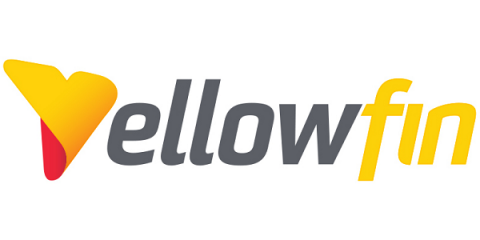Believe the data, not opinions
One of the things I'm really passionate about is data and how it can be used to influence decision-making. But everyone has their own personal biases and opinions that they use to create a narrative and this can affect how they look at data. So even when the data tells us one thing, we may see something completely different.



